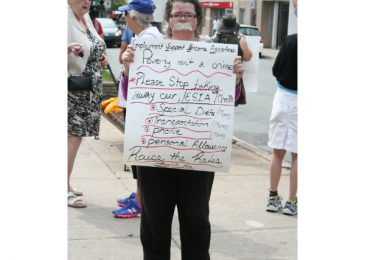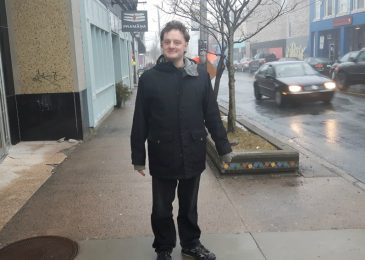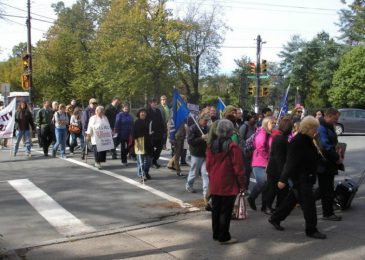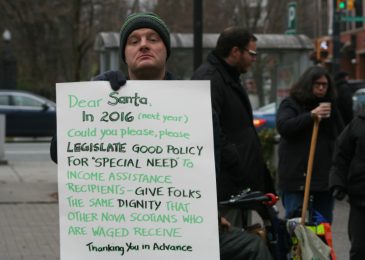Journalist in Newfoundland and Labrador faces criminal charges for doing his job
Justin Brake, the fearless Newfoundland and Labrador journalist for the TheIndependent.ca is facing jail for reporting on an occupation of Nalcor buildings at Muskrat Falls by indigenous people. Everybody should care, and Nova Scotians doubly so, because through the Maritime Link these things are a lot closer than they appear.










